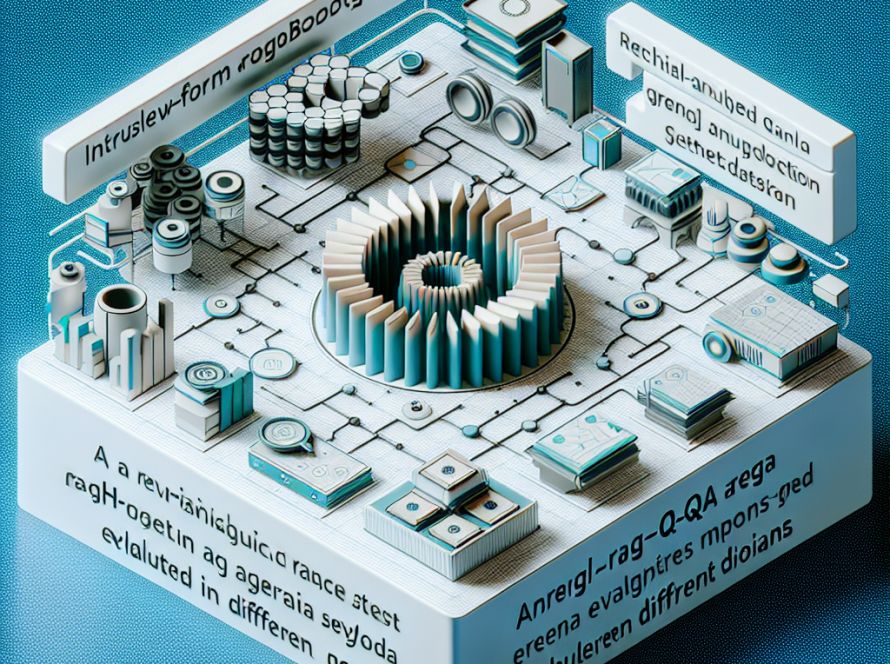Researchers from various international institutions have developed a computational method called RAIN to rapidly identify broadly neutralizing antibodies (bNAbs) against HIV-1. bNAbs can target the virus’s envelope proteins to reduce viral loads and stop infection, but the process of discovering them is an arduous one due to the need for B-cell isolation and next-generation sequencing, coupled with rapid mutation and immune evasion tactics of the virus.
By utilizing RAIN’s specific sequence-based features and machine learning capabilities, the researchers can analyze features of bNAbs and sequence profiles to detect and identify bNAbs. This system was tested on B-cell Receptor (BCR) repertoires and achieved 100% accuracy in the prediction. In vitro neutralization assays and cryo-EM structural analyses validated its effectiveness, supporting the identification of bNAbs from immune donors with broad neutralizing sera.
Research protocols involved ethical approvals from multiple review boards and 25 participants. The research collected serum antibodies and memory B cells and subjected them to single-cell BCR sequencing. Furthermore, these samples were analyzed using recombinant antibodies and the envelope glycoprotein of HIV-1 was assessed. BCR repertoires were sequenced and annotated to identify sequences attacking HIV-1, with a machine-learning model used to categorize sequences based on their immunological characteristics.
Conventional methods relying on sequence similarity can’t sufficiently identify bNAbs due to their vast sequence diversity. However, traits like hypermutation, germline usage, and unique structural features are leveraged in the machine-learning framework developed by researchers. This model successfully highlights key predictive features and improves the accuracy of potential bNAb identification.
Ultimately, the RAIN computational method identified three potential bNAbs with high-affinity to the HIV-1 envelope and strong neutralizing activity in infected donors. One of these, bNAb4251, showed broad and potent neutralization, indicating that RAIN’s pipeline is effective in finding therapeutic antibodies against HIV-1. This promising development stands to revolutionize the field of HIV-1 antibodies and future treatment methods.


